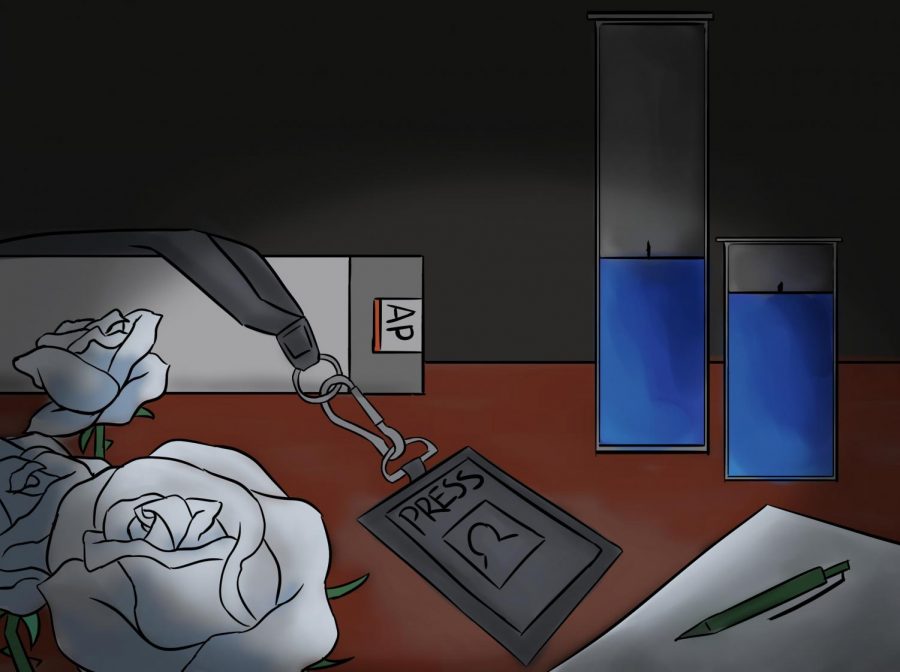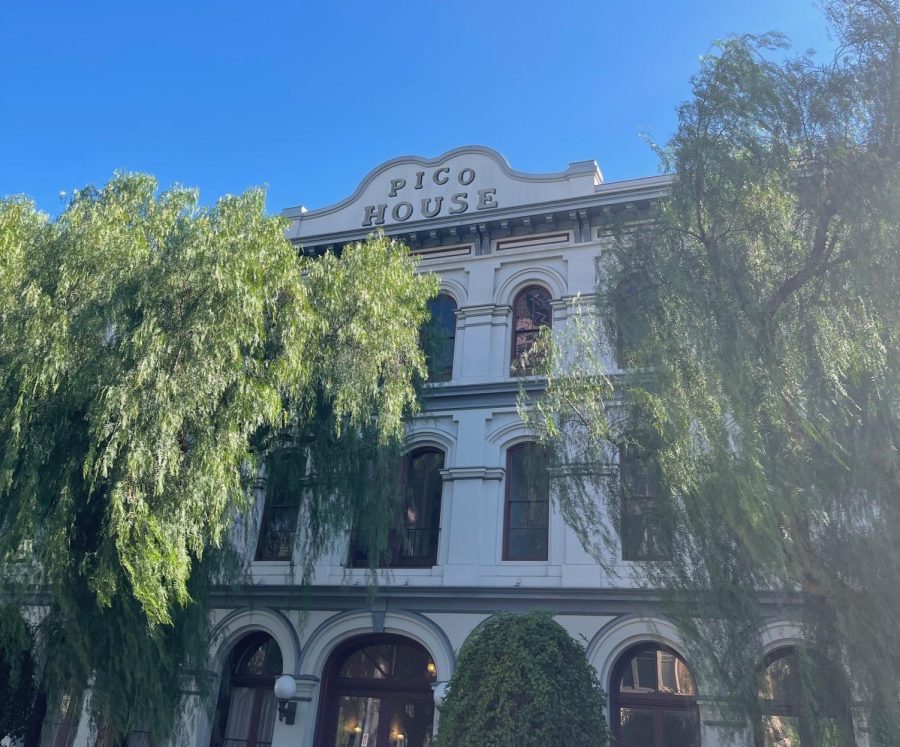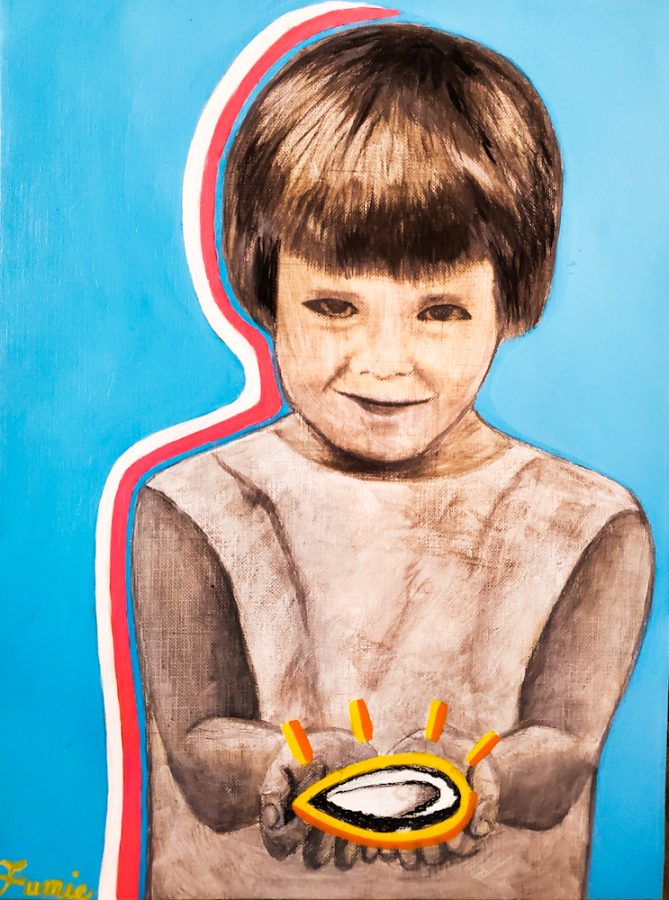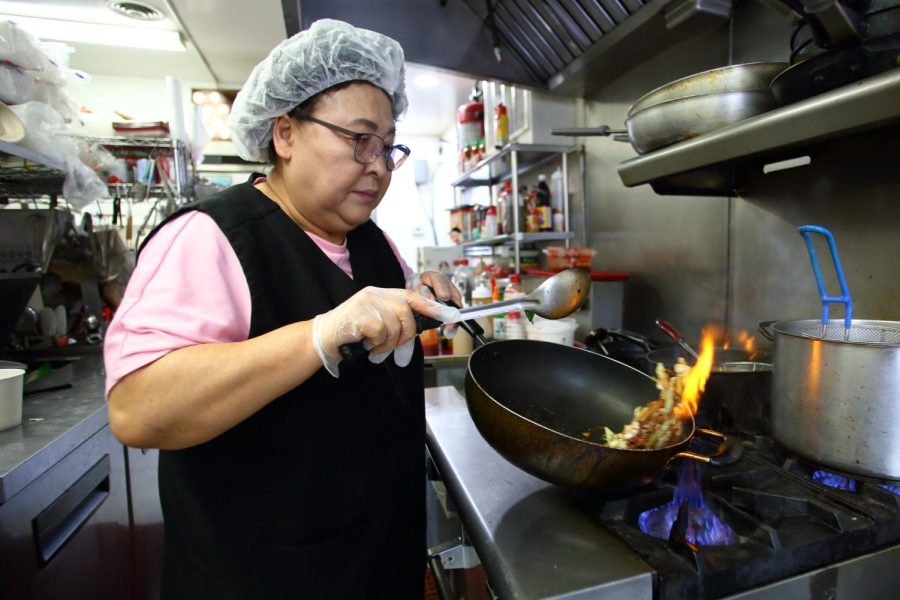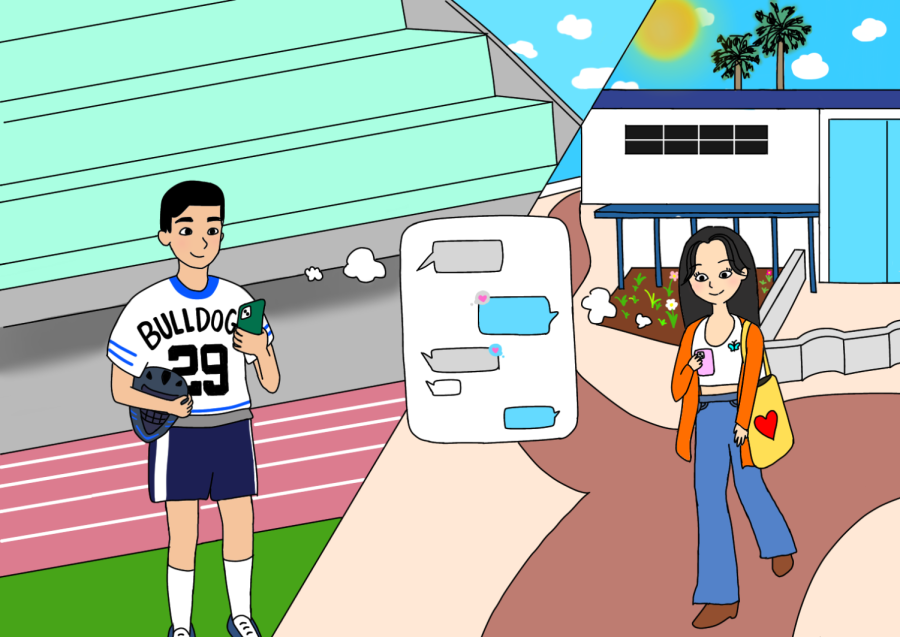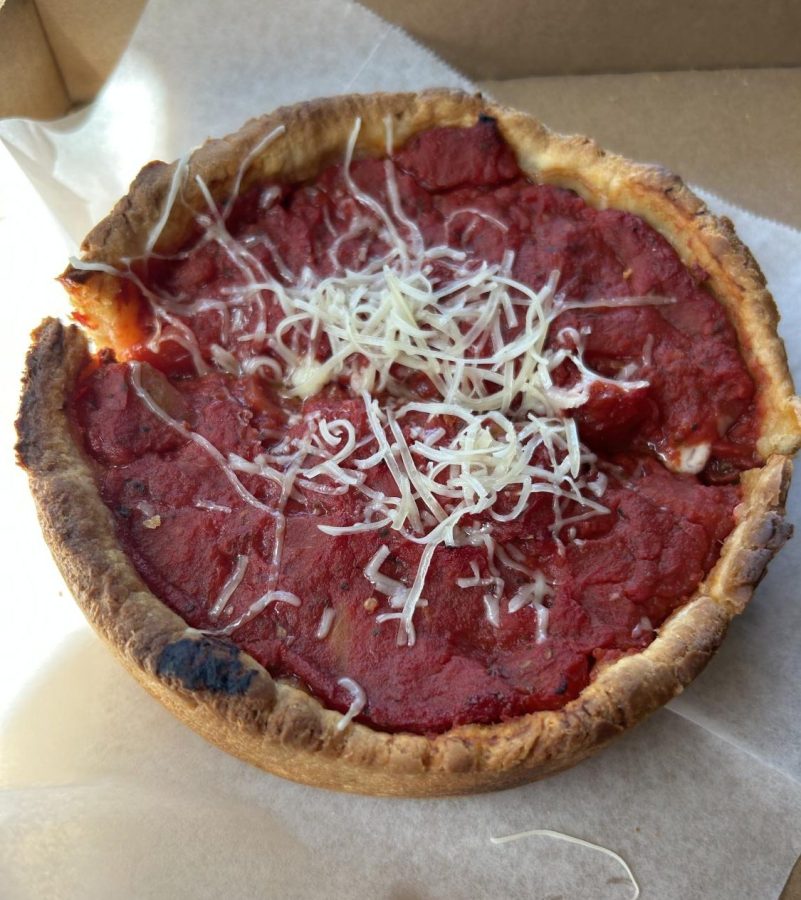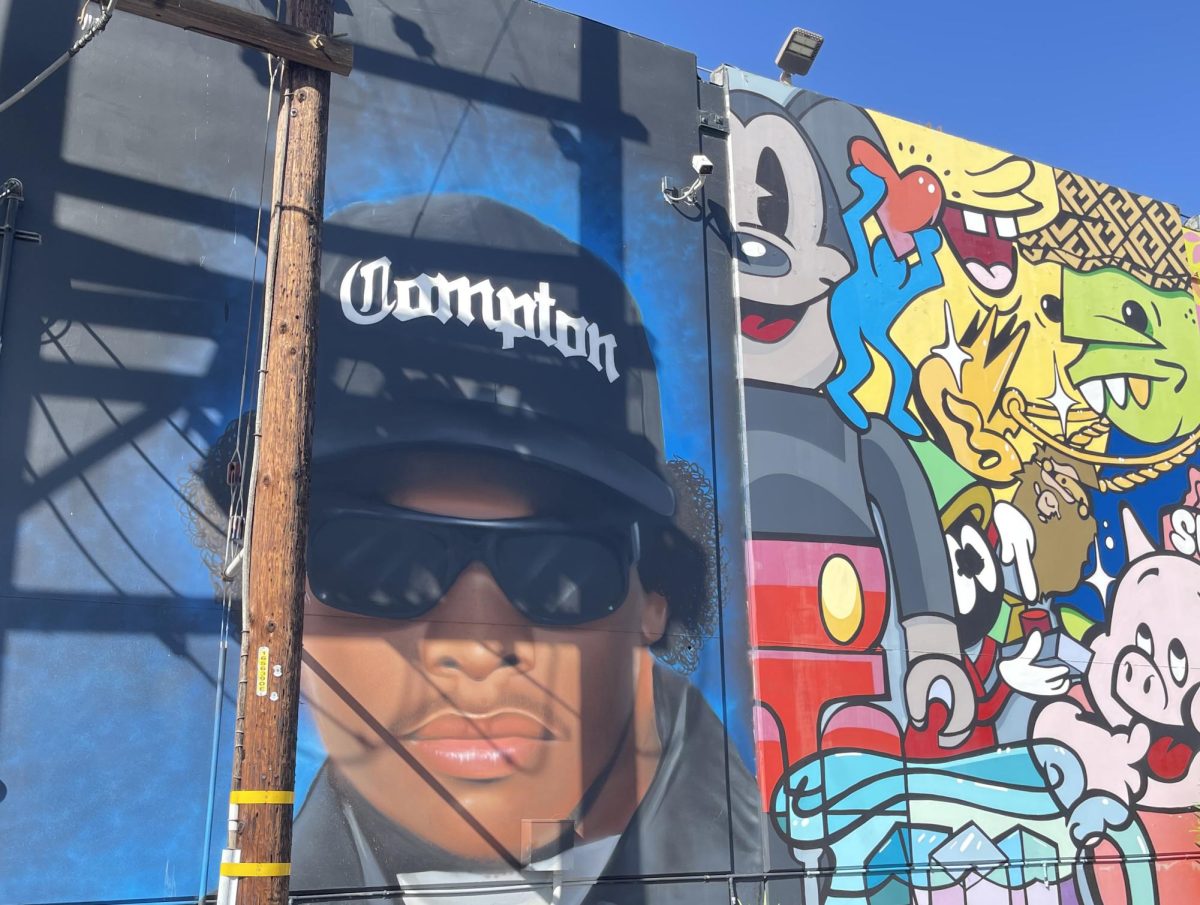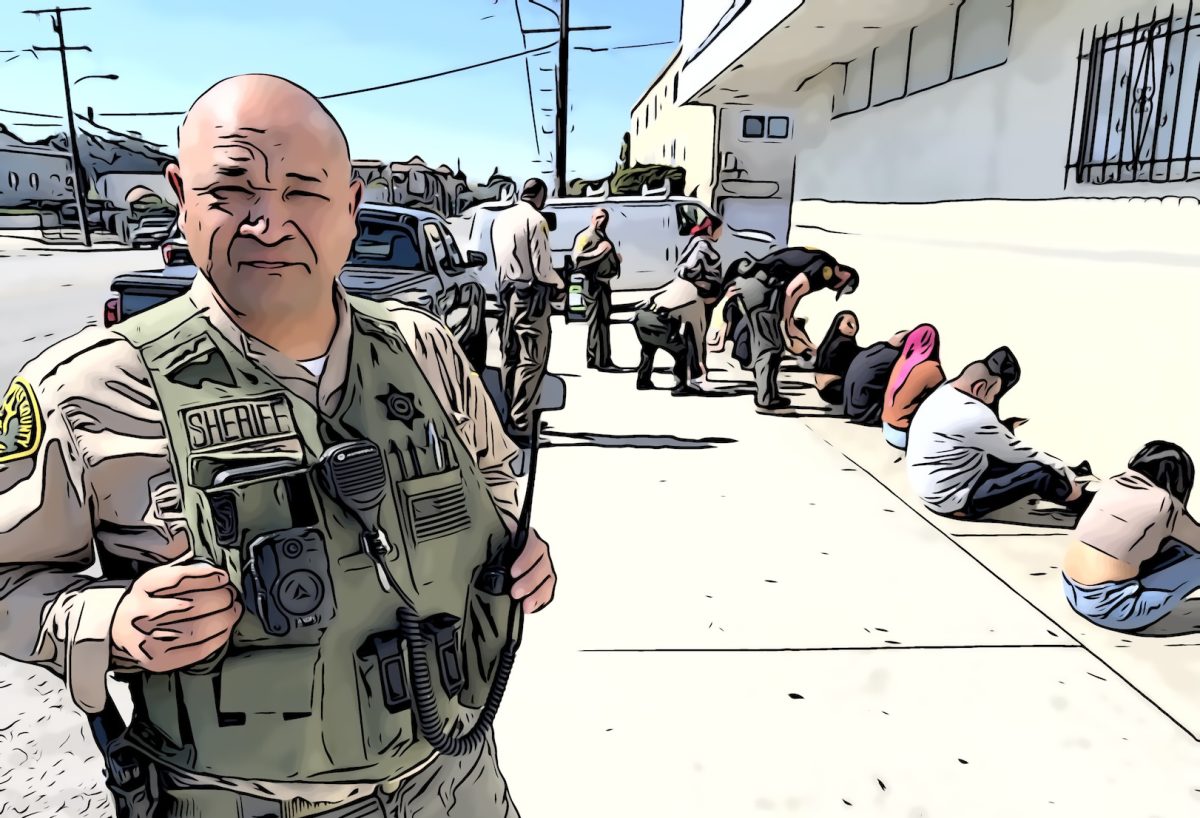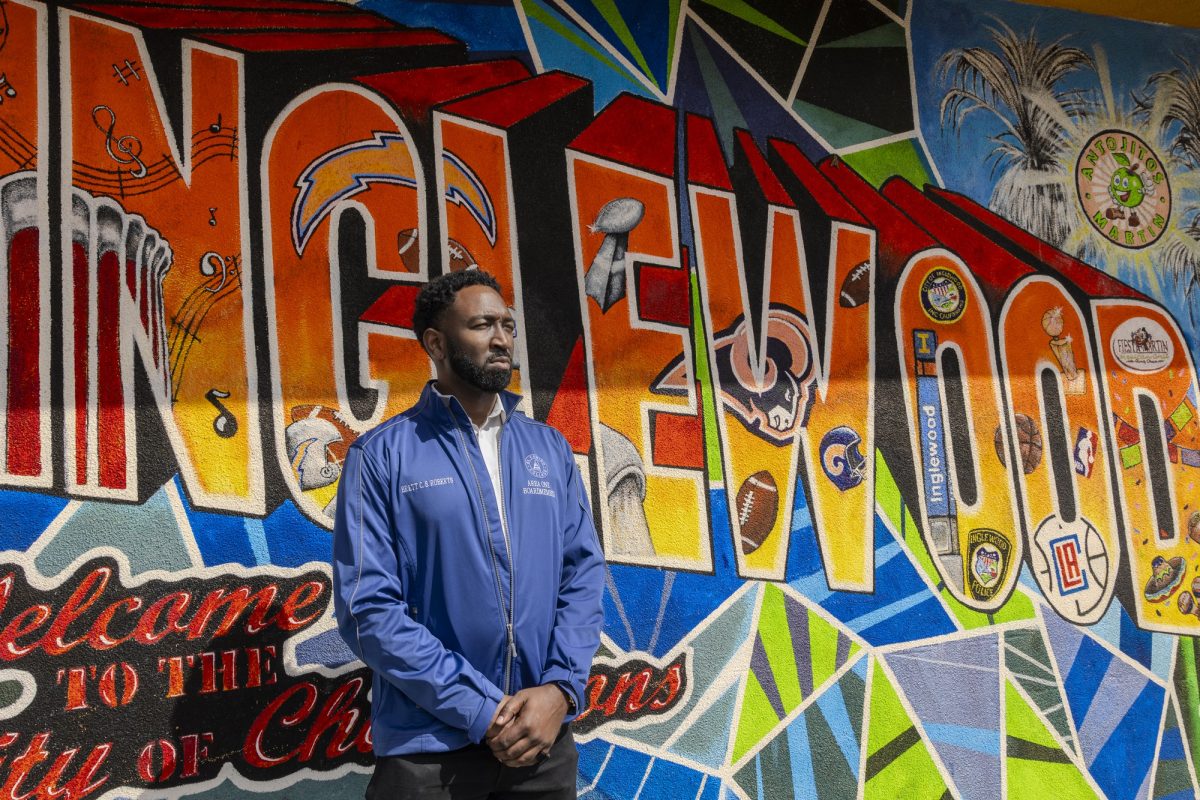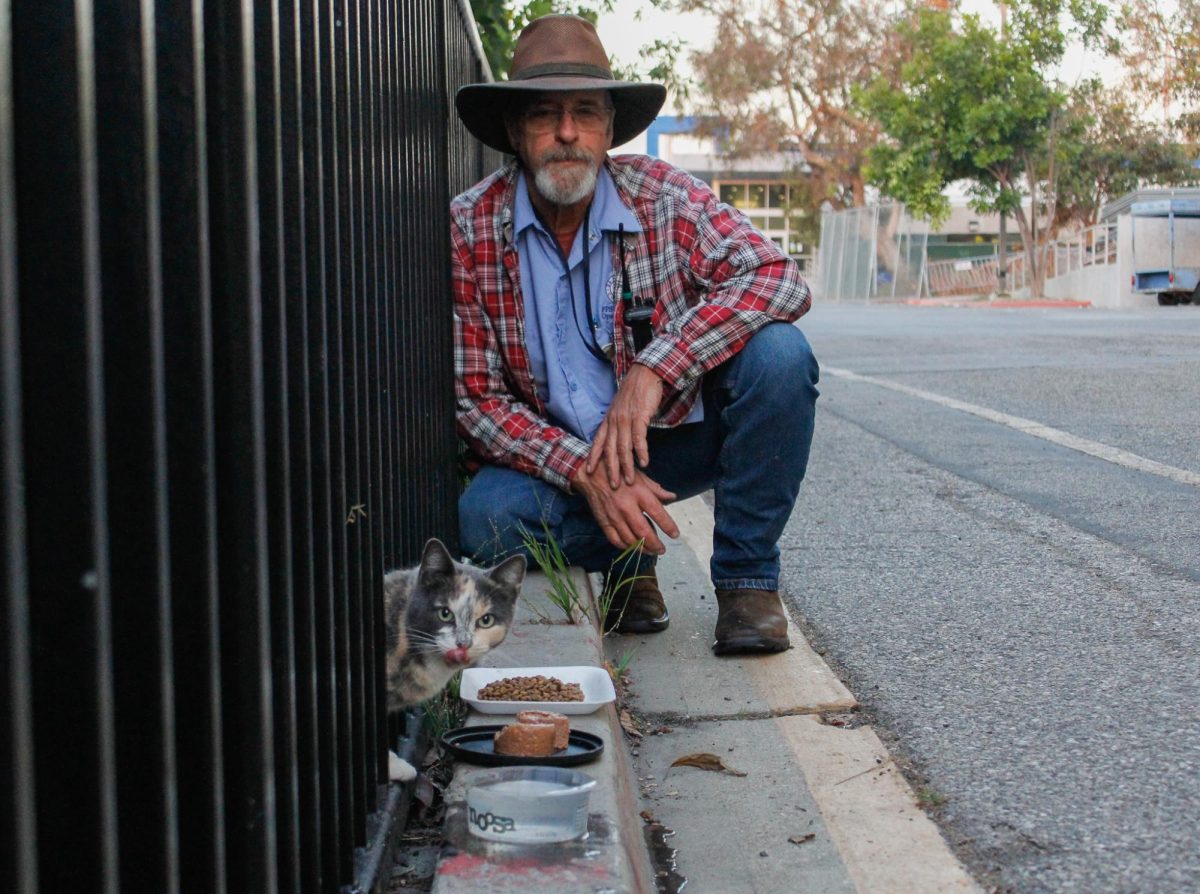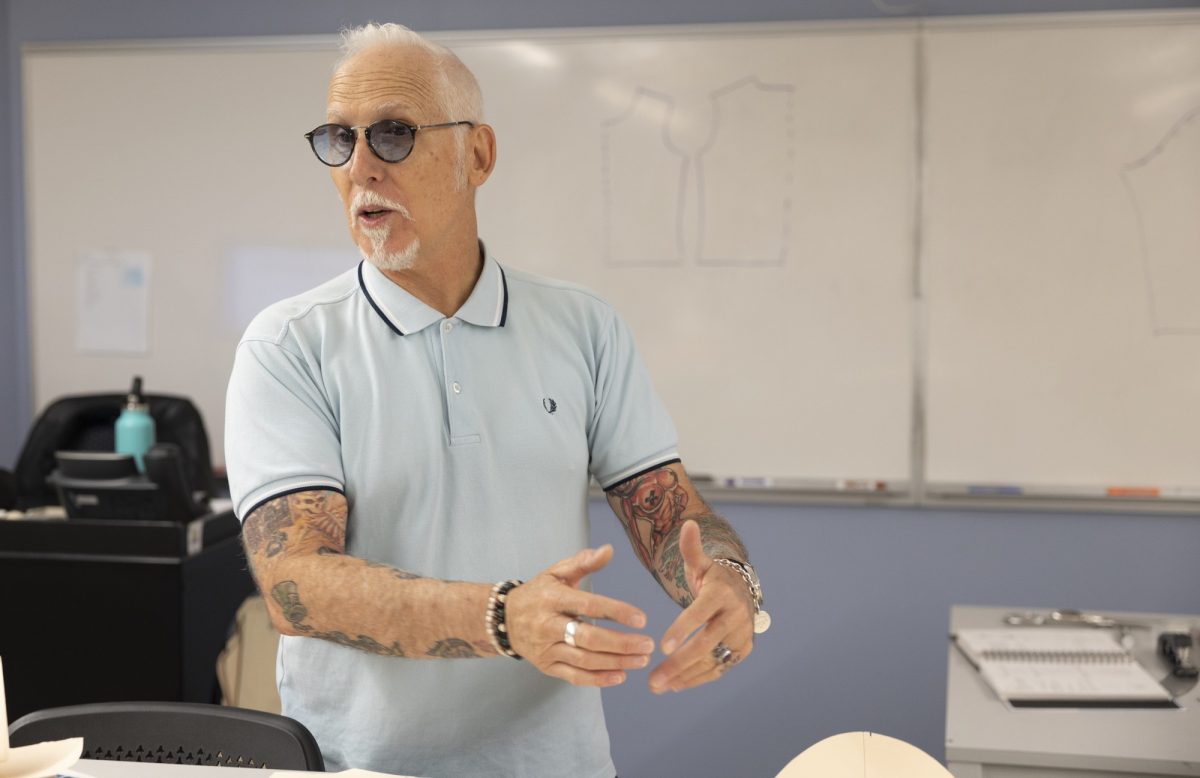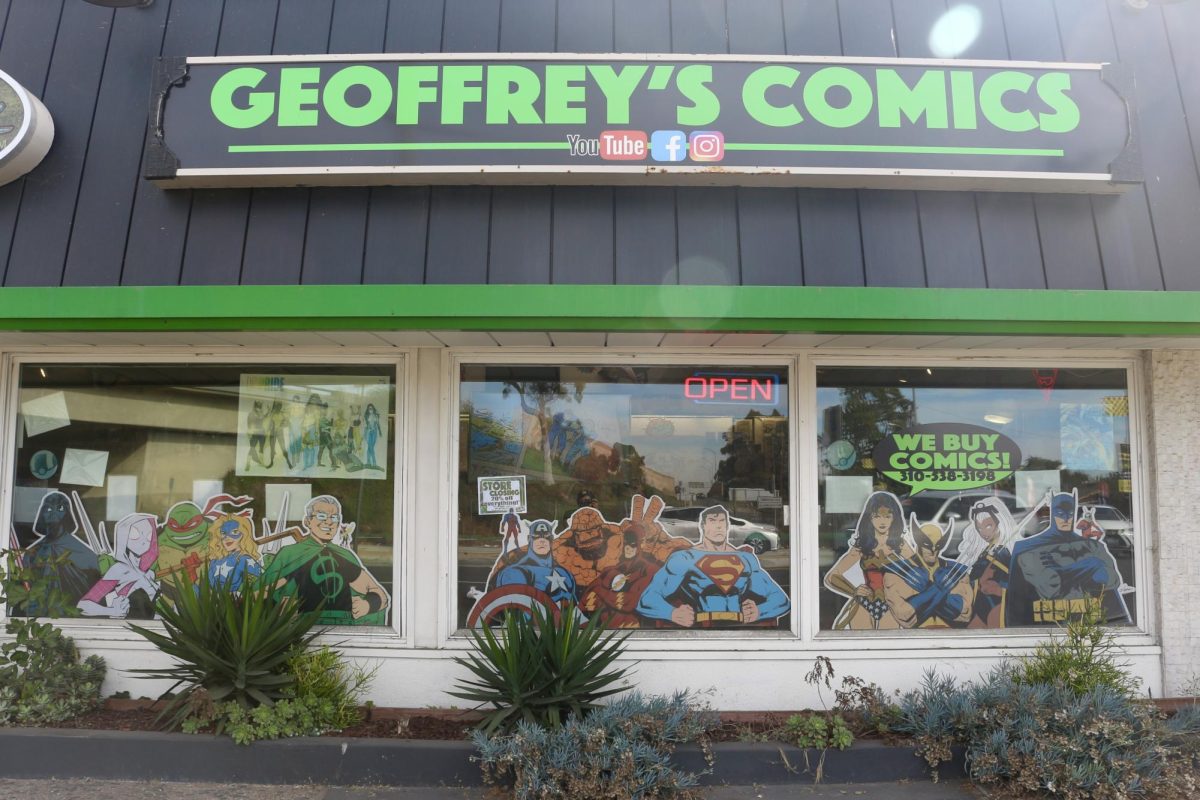After working a three-hour-long night shift as a cashier at Chicken Maison on Jan. 23, I walked out into the brisk, rainy night and dialed my professor’s number as I stood waiting for my Uber to arrive. In three rings, she picked up. I could immediately tell by her voice that she had been crying and that’s when I realized that I wasn’t going to like whatever it was she had to tell me.
“Molly, Juan is dead.”
The entire ride home I was in a state of shock, we spent over 15 minutes on the phone, which is astounding for two people who had absolutely nothing to say. In a situation like that, there really is nothing anyone can say to make up for the shock and pain of losing someone so young.
Juan was many things, a 22-year-old journalism major hailing from south central Los Angeles, he was editor-in-chief for Warrior Life magazine and occupied two editorial positions and a staff writing position in his time at The Union.
Juan was the most present person on the staff. Every time I needed an editor or had a question, he responded in minutes except for the occasional times we were both unavailable, and that was during Dodger’s games.
More so than maybe anything, Juan loved the Dodgers. I almost only ever saw him in Dodger blue and he lived by their wins and losses.
When they won the World Series last year, I knew he was the first person I wanted to talk to about it, and so we did for hours. He was approachable, someone you could always talk to no matter what.
He was a beacon of light in the dark world of Zoom and 2020 and everything terrible that the world was going through. Whenever I found something funny during class, I would scroll over to his face to see how he was stopping himself from laughter, knowing that if his camera was off altogether, that meant he’d failed in trying.
As a brand new arts section editor in Journalism 14 during the spring of 2020, Juan’s and my first class together, I was intimidated by the responsibility of my new position. One afternoon in particular, a few days before our first print deadline, Juan and I were designing our pages in a small conference room of the Schauerman Library. He was the features section editor at the time.
I was nervous because I had never completely run my own page and neither had Juan. Yet still, he was laughing and joking the entire time, making it so much more tolerable. And while he had the same level of editorial experience I had, he answered all of my questions and convinced me that it wasn’t that bad, that it would be fine.
He was right, it was fine.
When I attended his memorial, I got a better sense of Juan’s family and the way he carried himself when he wasn’t being a journalist. Their stories of him all reiterated his loyalty, journalistic talent and easy-going outlook on life.
Later on, as his brother was speaking, he mentioned that if Juan were there, he’d tell his brother to “chill out” and take care of their mom. I remember thinking how true that was and how he’d say the same thing to me, except he’d instead be telling me to take care of his magazine.
One of my first thoughts when I found out, was how tragic it was that Juan would be the only person who knew how to get us through his passing. He’d do it with humor and grace, and he’d convince us to relax and stop stressing over publishing the perfect profile on him or finishing the perfect magazine which was supposed to be his own.
The first story of his I read was a feature story on a warehouse stock clerk at El Camino College who looks after the campus cats, Carl Turano. When I first heard the story idea pitched, I was confused on how he would write an entire story on an employee and some stray cats; he exceeded every expectation.
The way he wrote it was the way he wrote everything. He took a small, somewhat insignificant slice of the human experience and turned it into a story showcasing a man who was selflessly serving his community with nobody watching.
I think that’s what Juan did too, except we were all watching. With every story he wrote, his passion for the world around him shone through. He gave a voice to the voiceless and brought awareness to the unspoken.
He was committed not only to his job as a reporter and an editor, but also to his readership. He was excellent because he was human, not because he could spin gold out of straw, but because he could take the straw he was given and put a spotlight on it. Honesty drove his purpose and transparency ruled his judgment.
Last semester, Juan teamed up with another editor, Jeniffer Torres, and wrote about the disappearance and eventual death of Juan Carlos Hernández, a student at ECC.
During a Zoom editorial board meeting, we discussed how many views the story had gotten and celebrated its popularity.
In the midst of congratulations, Juan’s only response was that their story was “about the community, not the clicks.”
Humble and true, his words still ring in my ears when I think of what he wanted for the future of journalism. I believe that this was Juan’s purpose in life, to inspire humility, truth and community service in all of us. A great disservice to the industry, Juan will never get to inspire other reporters, and he’ll never write another article.
But I will. I will write for Juan and about Juan. I will tell the world who he was and what he stood for and try my very best to influence people in his stead. I’ll bring him to every newsroom I work in and every article I cover.



